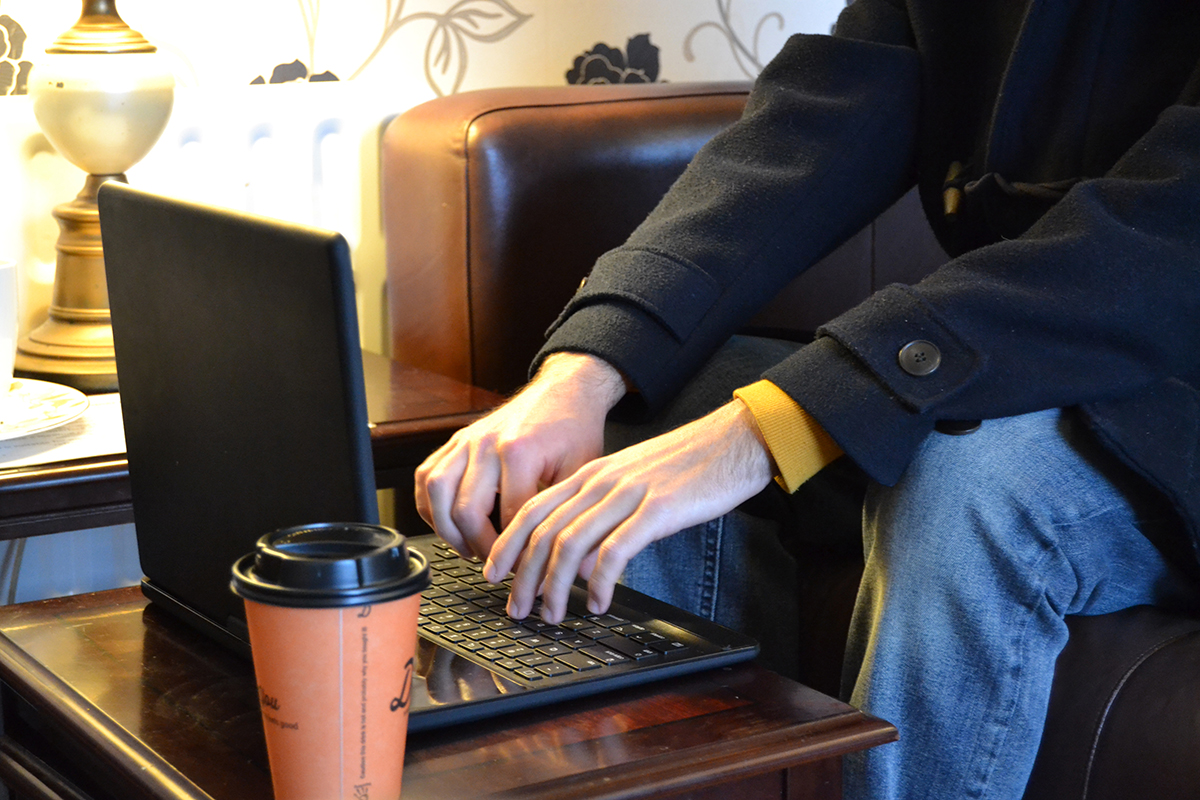Viva the VPN: connecting you to everything you need
The University VPN (Virtual Private Network) is a lightweight app that lets you use library eresources from anywhere as if you were logged in onto a computer on campus. This is particularly useful if there is a problem logging into a resource, because connecting via the VPN usually solves it. There are also a handful of resources that can only be used on campus or using the VPN.





